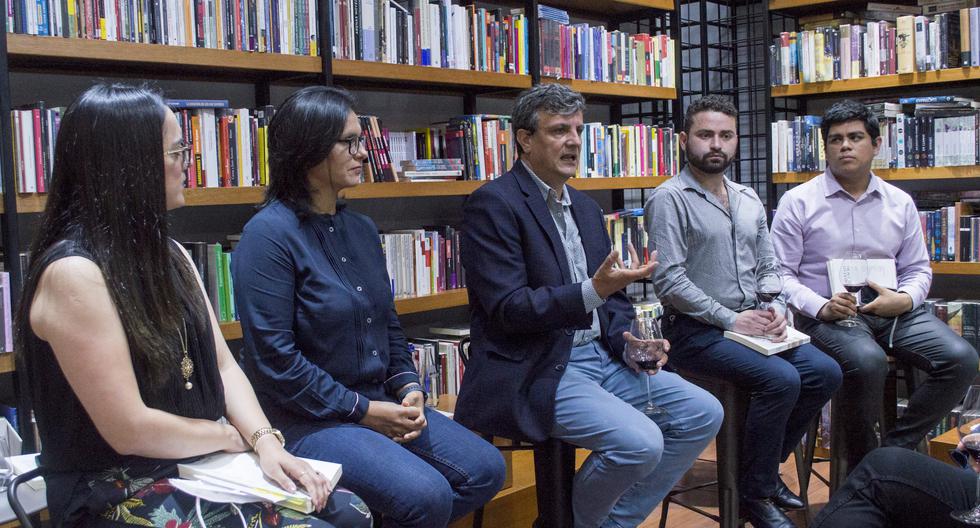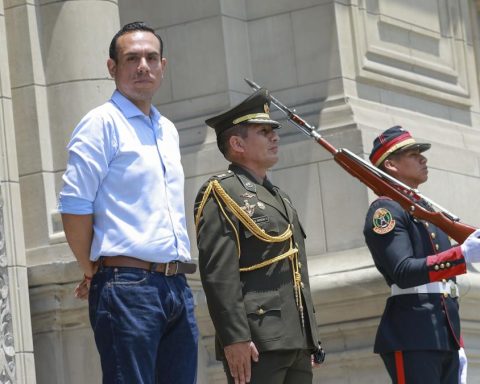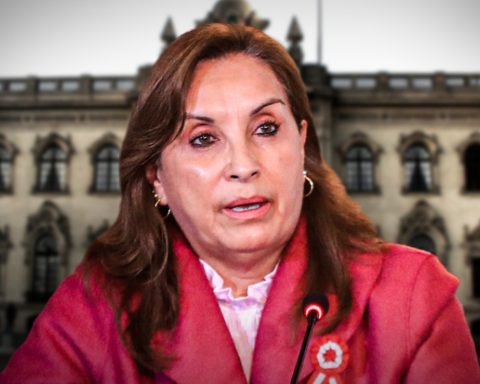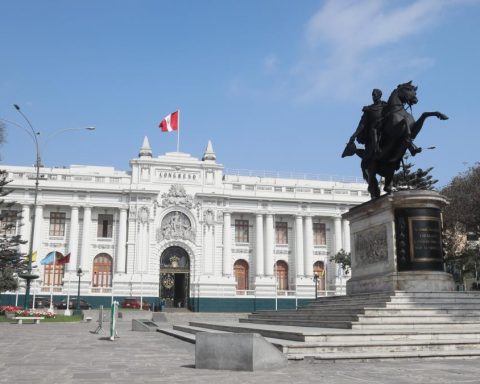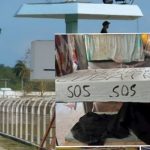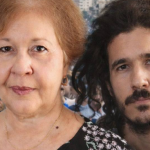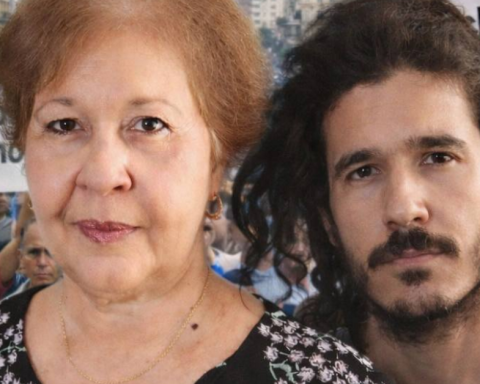There is still an ominous silence around the unattended needs and rights of the LGBTIQ+ community. Precisely for this reason, liberal authors of the book “Freedom and Prejudice” met days ago to reflect on this problem.
The text, published thanks to the joint work of the Political Institute for Liberty (IPL), directed by the lawyer Yesenia Álvarez (also co-editor of the book), the Atlas Network entity and the Friedrich Naumann Foundation, compiles thirteen essays from the most diverse angles of this theme.
“Within liberalism, economic freedoms are usually talked about but not about the individual policies that have been most demanded in recent decades, such as LGBTQI+ rights,” Álvarez said.
The meeting, held within the framework of the International Day of Transgender Visibility raised on March 31, had two sessions on different dates. The essayists spoke with different citizen groups to “reflect on institutionalized homophobia” and that “that is learned socially.”
The meetings were attended by the co-editors of the book, Yesenia Álvarez (lawyer) and Diego Ato (communicator), along with essayists and lawyers José Benegas and Andrés Ricaurte, from Argentina and Ecuador, respectively.
It is also worth mentioning that according to the II National Survey of Human Rights: LGBT Population of Ipsos, homosexual, trans and bisexual people make up the vulnerable population perceived as the most discriminated against in our country. It is estimated that more than 1.7 million adult Peruvians identify as non-heterosexual (8%).
IT MAY INTEREST YOU: Josh Cavallo becomes the first active Australian player to reveal his homosexuality
“When the United States was born, Thomas Jefferson put in the Constitution that everyone has the right to life, property and the pursuit of happiness, people forget that. The search for happiness is key, declaring it was a great revolution in the history of humanity”, commented Benegas.
“Liberalism is far from being an intellectual discovery, it is a process that occurs as human society, in history, finds more space for individuality,” said the Argentine author.
